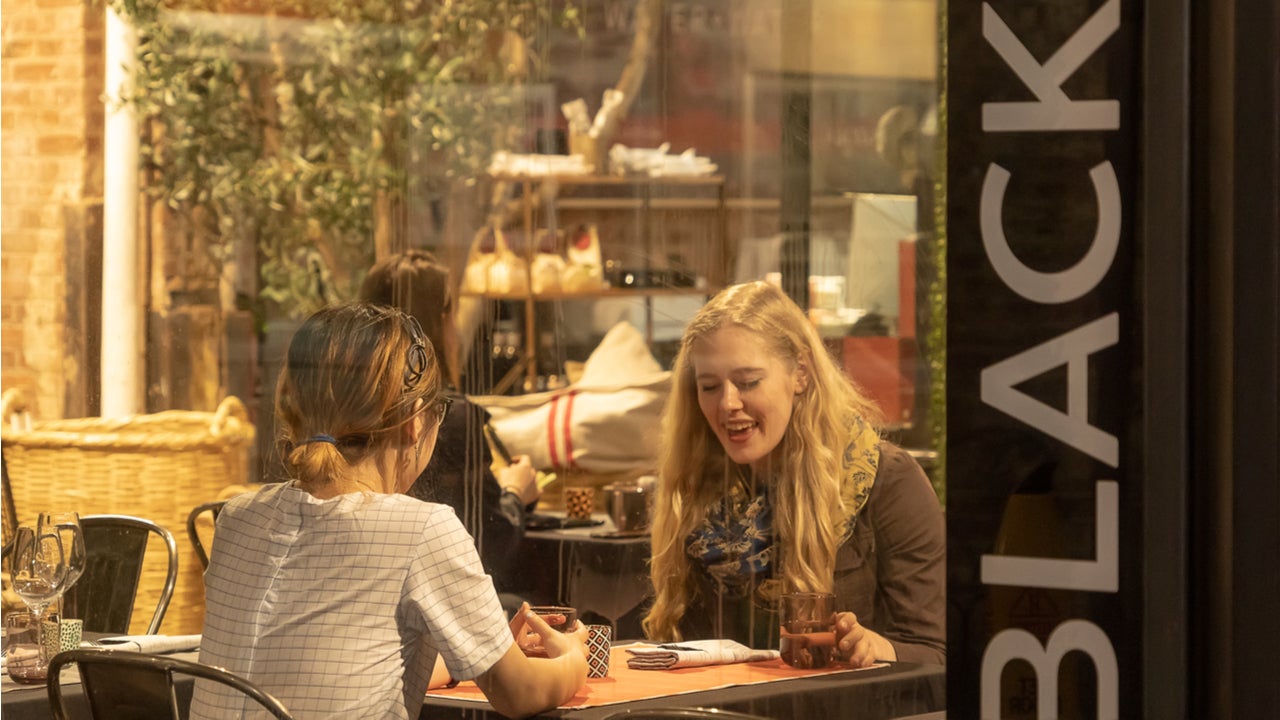
Economists believe that the recent federal guidance to ban indoor dining has thrown NYC restaurant businesses into limbo. The industry employs thousands of low income workers who are on the edge of survival with no form of aid.
Christophe Barraud
Christophe Barraud, a chief economist, shared an article on indoor dining being banned again in New York City (NYC) early next week and just before the festive season due to an alarming increase in coronavirus cases. Andrew Mark Cuomo, NYC’s governor, announced a new restriction model that will clamp down on indoor dining in any region if hospitalisation rates did not stabilise for five days.

Discover B2B Marketing That Performs
Combine business intelligence and editorial excellence to reach engaged professionals across 36 leading media platforms.
The restaurant industry has been facing a deep crisis since the start of the pandemic, with lots of businesses having shut down in early Spring putting low income workers out of jobs. As restaurateurs adapted to the new normal by shifting to takeout and delivery and then gradually moving outdoors and safely back indoors, they seem to be barely hanging on, the article detailed.
Federal health officials recently laid down some measures deemed necessary to curb the virus spread. While the agency recommended schools to stay open and re-open, they warned against eating at indoor restaurants, citing it to be “particularly high-risk scenarios” as diners would have to remove their masks, which goes against the urgent need to limit the virus spread.
While NYC restaurants will close indoor dining, restaurants in other regions will have to reduce indoor dining capacity from 50% to 25% if hospitalisation rates did not decline. California is also adopting a similar patchwork approach to shut down to curb the virus spread in regions, the article noted.
🇺🇸 Indoor Dining May Be Banned Again, Threatening Many N.Y.C. Restaurants – NYThttps://t.co/4p4UXxuApn
 GlobalData Strategic Intelligence
GlobalData Strategic IntelligenceUS Tariffs are shifting - will you react or anticipate?
Don’t let policy changes catch you off guard. Stay proactive with real-time data and expert analysis.
By GlobalData— Christophe Barraud🛢 (@C_Barraud) December 9, 2020
James Picerno
James Picerno, a financial journalist, shared an article about US job openings witnessing a spike of up to 6.7 million in October but hiring slowed down with the resurgence of Covid-19. This led to further lay offs and firing since June, the article detailed.
The Labour Department reported job posting to rise to 6.65 million in October from 6.49 million in September. However, employers hired 5.81 million people, compared to 5.89 million workers in September. The department also found companies and government agencies to have laid off 1.68 million people, up from 1.44 million in September. Experts suggested that this could have been caused by the removal of temporary census workers.
The US job market has been recovering slowly since Spring when the pandemic hit the country hard causing millions to lose their jobs. Employers slashed as many as 22 million jobs in the first two months of the pandemic, but gradually started recalling furloughed employees to work. However, the job rebound is slow and threatened by the recent spike in Covid-19 infections across the country.
The Labour Department also reported a steady decline in job creation by employers, from 4.8 million jobs in June to a dismal 245,000 jobs in November 2020.
US job openings perked up in Oct: https://t.co/QtQ9e8RtaA But a resurgent coronavirus seems to be taking a toll in early estimates for Dec: https://t.co/v5rIvZJtIa pic.twitter.com/BKnJBpLKEb
— James Picerno (@jpicerno) December 9, 2020
Robert Palmer
Robert Palmer, a tax reform campaigner and executive director of Tax Justice UK, re-tweeted about a wealth tax to fund Covid recovery. In his views, too often during the crisis, the government has been playing on its back foot but that should not be the case when the next shock hits.
Experts from the Warwick University and London School of Economics announced a plan that could raise $348bn through a one-off 5% wealth tax on millionaires. The Wealth Tax Commission comprises lawyers, economists, professionals, and think tanks who advise the rich and wealthy.
The wealth tax will be paid by UK residents with personal wealth above a set threshold. It will include all assets but not debts such as mortgages. The tax will be paid in instalments over a five-year tenure and will apply on the wealth above the threshold, the article highlighted. The tax will not only aid in Covid recovery but also gain the trust of people about the government confronting issues related to inequality, and racial and gender injustices, the article highlighted.
https://twitter.com/CityAM/status/1336618036225314816



